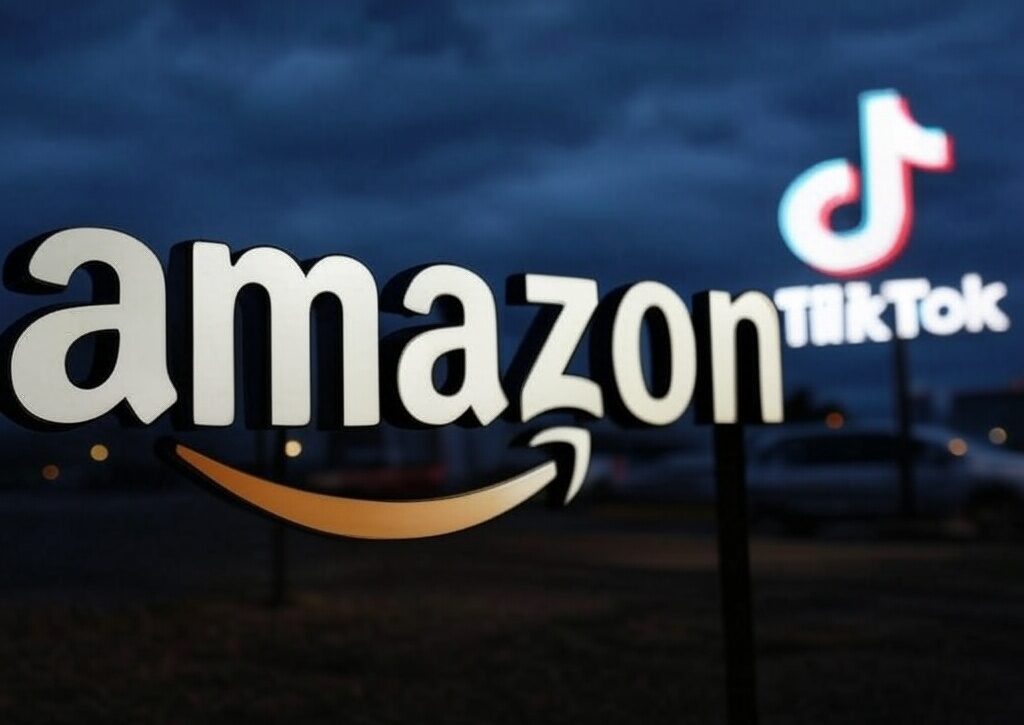The Resurgence of TikTok: Navigating Ban Threats and User Loyalty in the U.S. Market
In a significant development, TikTok has made a triumphant return to the app stores of Apple and Google in the United States, following President Donald Trump’s decision to delay the enforcement of a potential ban. This decision came after a tumultuous period during which the popular social media app, operated by the Chinese technology firm ByteDance, was removed from the app stores on January 18. The removal was in compliance with a law requiring ByteDance to divest the app or face a ban in the U.S.
The Rollercoaster Journey of TikTok in the U.S.
The saga of TikTok in the U.S. has been nothing short of dramatic. Just a day before the app was temporarily suspended, thousands of users flocked to RedNote, a Chinese social media alternative, identifying themselves as “TikTok refugees.” This exodus highlighted the app’s immense popularity, which boasts over 170 million American users.
Following assurances from Trump that he would postpone the ban, TikTok swiftly restored its services in the U.S. However, the app’s presence in the app stores was short-lived. On Trump’s first day back in office, he signed an executive order extending the enforcement of the ban until April 5, further complicating TikTok’s future in the U.S. market.
National Security Concerns and Legal Battles
TikTok’s challenges in the U.S. primarily revolve around national security concerns. The U.S. government has consistently argued that TikTok’s Chinese ownership and access to the personal data of millions of Americans pose a significant risk. The app has faced scrutiny and criticism, leading to accusations that it may share U.S. user data with the Chinese government.
Despite these allegations, TikTok has vehemently denied any wrongdoing. The company has asserted that it has not shared U.S. user data at the behest of the Chinese government and argues that the law mandating its divestment or ban infringes upon the First Amendment rights of its American users. This contention places TikTok in a precarious legal position as it strives to maintain its user base while navigating the complex landscape of U.S. regulations.
Trump’s Evolving Stance on TikTok
During his presidency, Trump’s stance on TikTok underwent a notable transformation. Initially supportive of a complete ban, he later expressed a more favorable view of the app, stating that he had a “warm spot” for it. This shift in perspective coincided with TikTok CEO Shou Chew’s attendance at Trump’s inauguration ceremony, indicating a potential personal connection between the two.
Trump has also floated the idea of a joint ownership model for TikTok, suggesting that half of its ownership could be American. This proposition has attracted the interest of several potential buyers, including real estate mogul Frank McCourt, Shark Tank investor Kevin O’Leary, and the popular YouTuber Jimmy Donaldson, known as MrBeast.
The Impact of TikTok’s Return
The return of TikTok to the app stores signals a respite for its millions of American users who rely on the platform for entertainment, creativity, and social connection. The app’s unique algorithm and user-friendly interface have contributed to its explosive growth, allowing users to create and share short-form videos that often go viral.
This resurgence also reflects the resilience of TikTok’s user community, which has remained loyal despite the looming threats of bans and suspensions. The app has become a cultural phenomenon, influencing everything from music trends to fashion, and its absence would leave a significant void in the digital landscape.
Looking Ahead: The Future of TikTok in the U.S.
As TikTok continues to navigate the challenges posed by its Chinese ownership and U.S. regulations, its future remains uncertain. However, the platform’s ability to adapt and respond to user needs will be crucial in determining its long-term viability in the U.S. market.
The ongoing discussions around potential ownership changes and partnerships with American entities could pave the way for a more favorable regulatory environment. By aligning itself with trusted American businesses, TikTok may be able to alleviate some of the national security concerns that have plagued it in the past.
Moreover, the app’s continued engagement with its user base, through innovative features and community-building initiatives, will be essential in maintaining user loyalty. TikTok’s unique ability to foster creativity and connection among users has been a key factor in its success, and sustaining this momentum will be critical for its future.
Conclusion
The return of TikTok to the app stores represents a significant moment in the ongoing saga of the platform’s existence in the U.S. market. As the app continues to grapple with national security concerns and evolving political dynamics, its user base remains steadfast and engaged.
With millions of Americans relying on TikTok for entertainment and social interaction, the app’s ability to adapt to regulatory challenges and foster a positive relationship with its users will ultimately determine its fate. As TikTok navigates this complex landscape, it will be interesting to see how it evolves and what the future holds for this cultural phenomenon.












